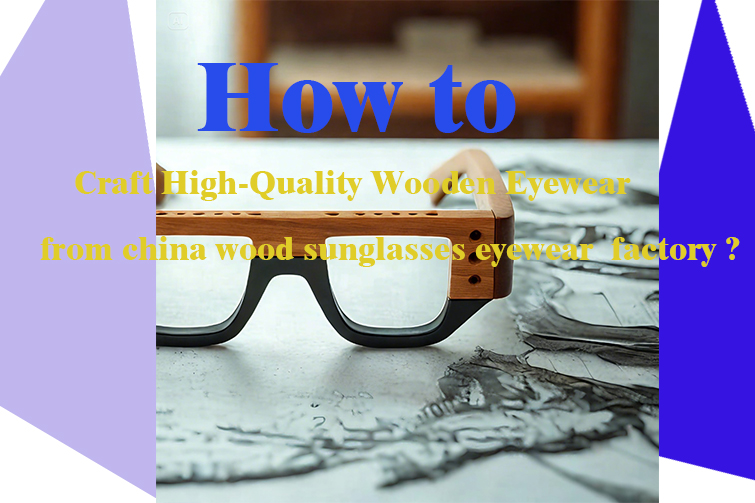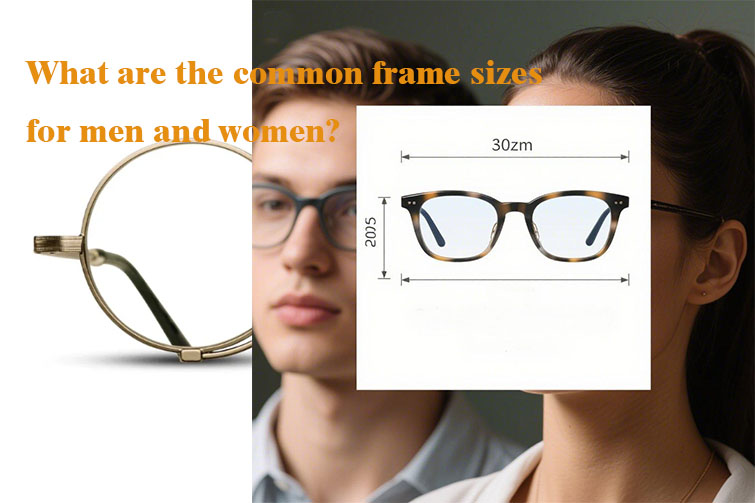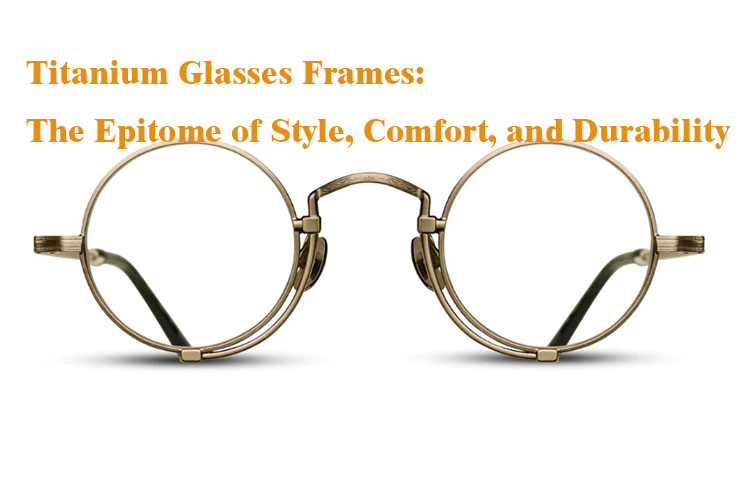

How to Craft High-Quality Wooden Eyewear from china wood sunglasses eyewear plant manufactuer factory ?
I. Core Structures and Features of Wooden Eyeglasses from china wood sunglasses manufacturer
Wooden eyewear blends natural aesthetics with ergonomics, with its design divided into 5 key components, each reflecting the perfect balance of materials and craftsmanship:
1. Front Frame
Structure:The main body is usually made of 3-5 layers of cross-veneer plywood to enhance anti-folding strength. CNC machining + manual polishing is critical: CNC carves the basic outline, and artisans refine edges for a facial contour fit.
Innovation:Premium models embed metal/carbon fiber layers (e.g., Ko Ad’s fiberglass interlayer) to boost durability without compromising texture.
2. Temples
Structure:Two bending techniques:
- Saw-cutting for hardwoods (rosewood, red sandalwood)
- Steam-heating for softwoods (maple, beech)
Modern factories use CNC one-piece processing to ensure symmetry.
Comfort Design:Silicone pads or ergonomic curves reduce ear pressure.
3. Hinges
Structure:Spring hinges are standard (180° flexibility), while luxury models use handmade wooden hinges (multi-layer beech + metal screws).
Challenge:Precision alignment within 0.1mm tolerance to avoid frame distortion.
4. Nose Pads
Structure:Upgraded from solid wood to detachable silicone pads or metal-wood hybrids (e.g., W-eye’s texture-matched pads for stability).
5. Lenses
Structure:Fitted into 2-3mm bevel grooves. Polarized lenses for sunglasses and blue-light lenses for optics are cut by machines and installed by hand.
II. Top-Grade Materials for Wooden Eyewear from China wood eyewear plant
Here are 12 premium woods categorized by hardness and application:
Hardwoods
- Red Sandalwood (Indonesia)Density: 0.8-1.2g/cm³, natural patina, no painting needed.Use: High-end optical frames.
- Rosewood (Myanmar)Vibrant color, easy to carve.Use: Vintage sunglasses with intricate designs.
- African BlackwoodHardest rosewood, deepening color over time.Use: Minimalist frames.
Softwoods
- Maple (Canada)Creamy-white to light brown, ideal for dyeing/splicing.Use: Versatile everyday styles.
- Beech (Germany)Steam-bendable, shock-resistant.Use: Temple and hinge material.
Rare Woods
- Green Sandalwood (South America)Scented, greenish hue evolution.Use: Limited-edition luxury sunglasses.
- Black Walnut (USA)Parabolic grain with "bird’s eye" knots.Use: Artisanal custom designs.
III. 7 Key Processes of Wooden sunglasses Manufacturing
China, home to leading wooden sunglasses factory, combines tradition and technology:
1. Material Selection & Cutting
Hardwoods air-dry for 3+ years; softwoods undergo dehydration. Artisans pick crack-free logs.
2. CNC Milling
3D modeling drives precision cutting with 0.05mm error tolerance. Multi-layer plywood is carved and bonded.
3. Manual Shaping & Polishing
Sandpaper progression (80-2000 grit) ensures smoothness. Old hard drives repurposed for micro-grinding.
4. Hinge Installation
Laser positioning ensures symmetry. Spring hinges with micro-screws.
5. Surface Treatment
Eco-friendly water-based lacquer or wood wax. Some add carbon fiber coatings (e.g., Fleye) for scratch resistance.
6. Lens Assembly & Adjustment
20-point QC includes drop/pressure tests. Hand-set lenses for balance.
7. Packaging & Shipping
PE bags + shockproof liners prevent damage in transit.
IV. Advantages & Trends of China Wooden Sunglasses Factory
Chinese manufacturers lead globally in:
- Material Innovation: Bamboo-carbon-titanium hybrids (e.g., Kaili Glasses’ lightweight "wood+Ti" series).
- Standardized Craftsmanship: 70% manual work + 30% automation for efficiency and quality.
- Sustainability: FSC-certified wood and zero-waste production meet EU standards.
Conclusion
Wooden eyewear is more than an accessory—it’s a fusion of nature and artistry. From rainforest logs to china wooden sunglasses factory craftsmanship, every piece carries time-honored techniques. Choose Chinese wooden eyewear for a timeless, eco-conscious lifestyle.









